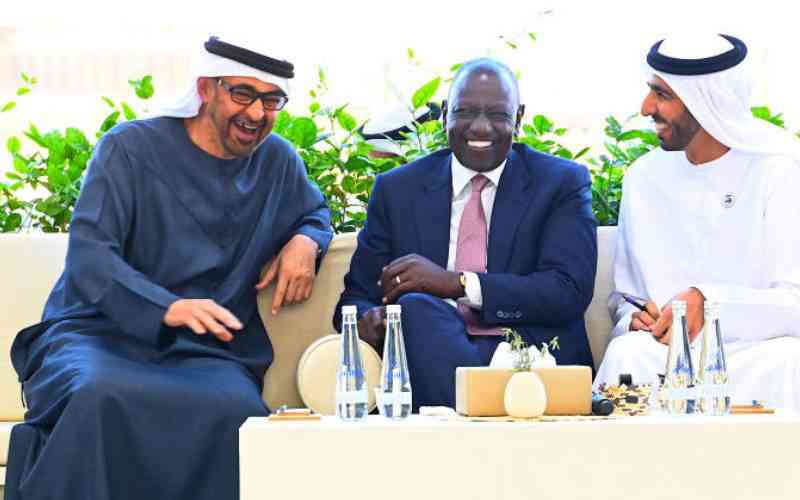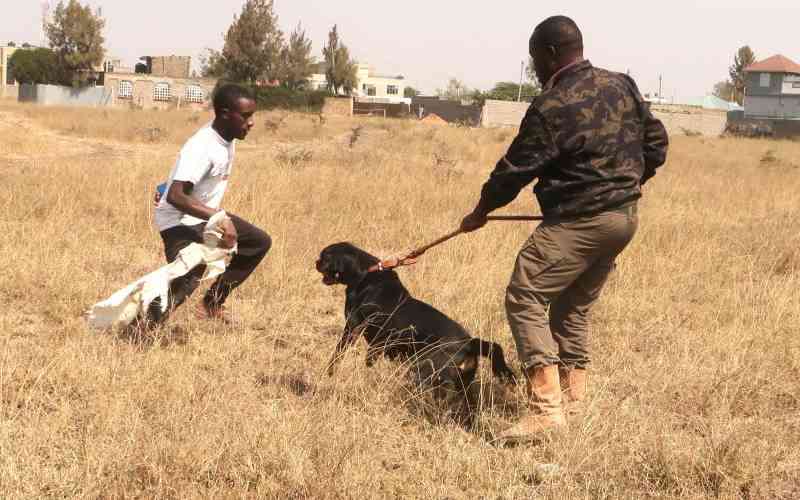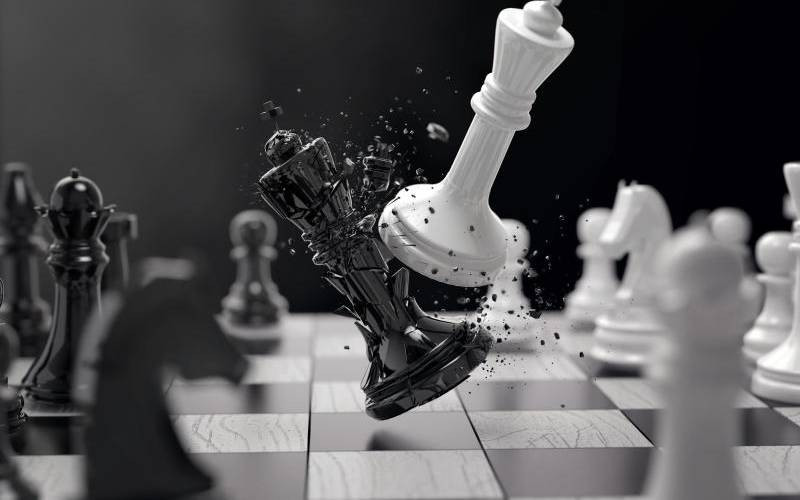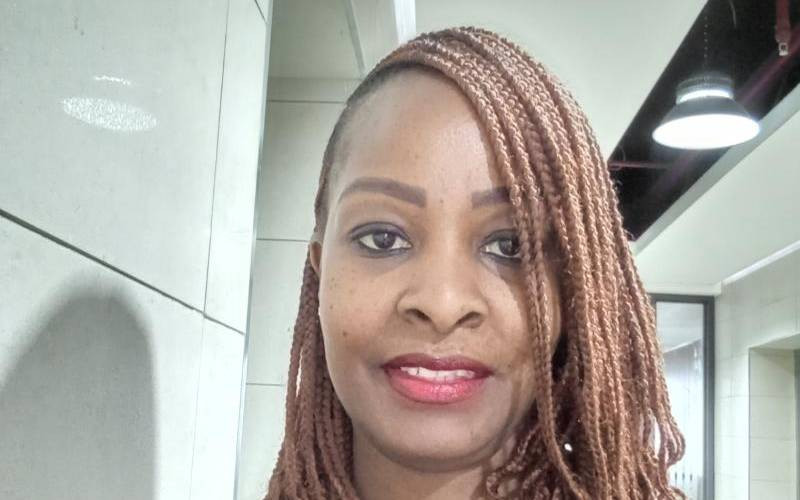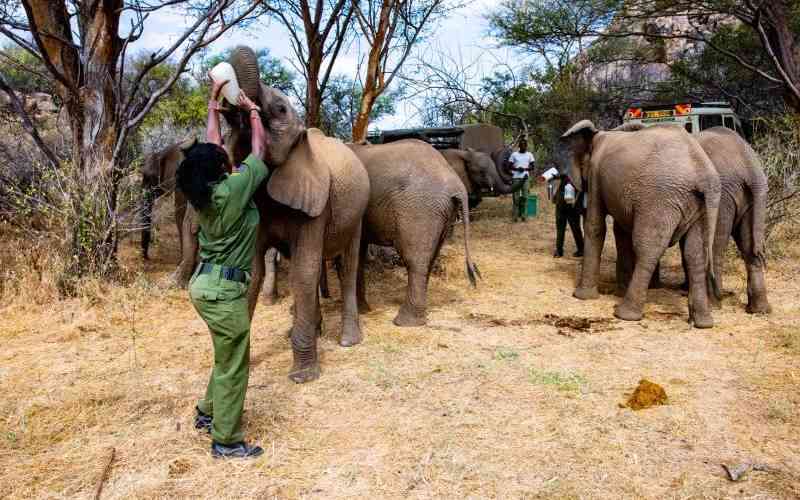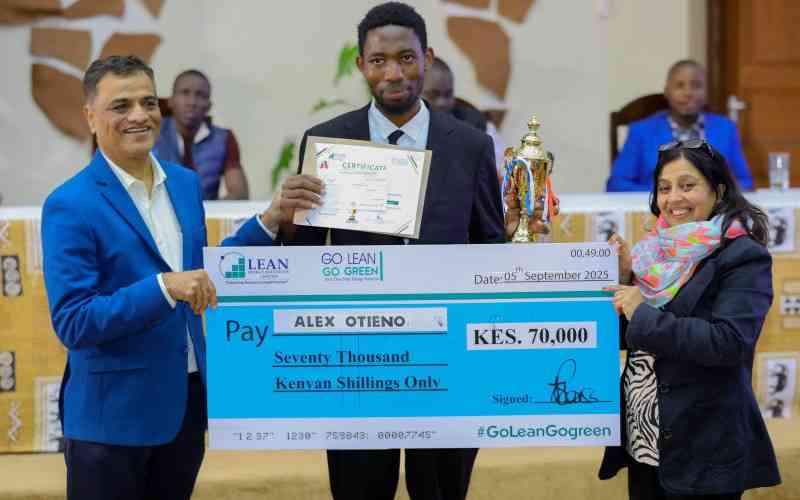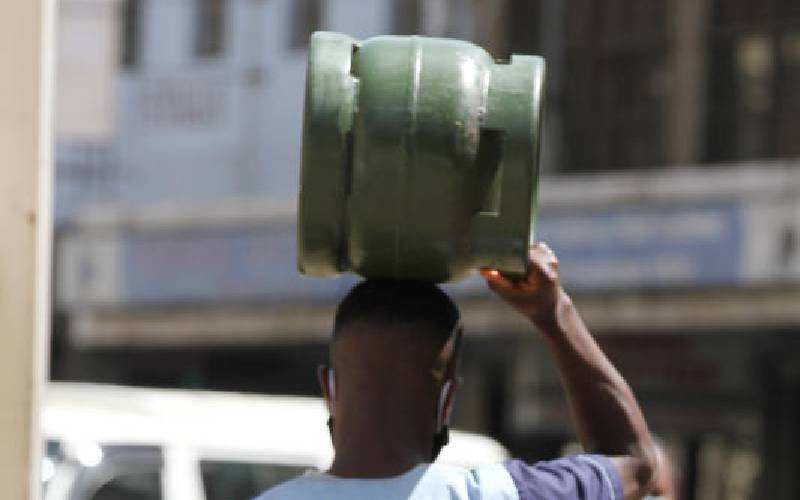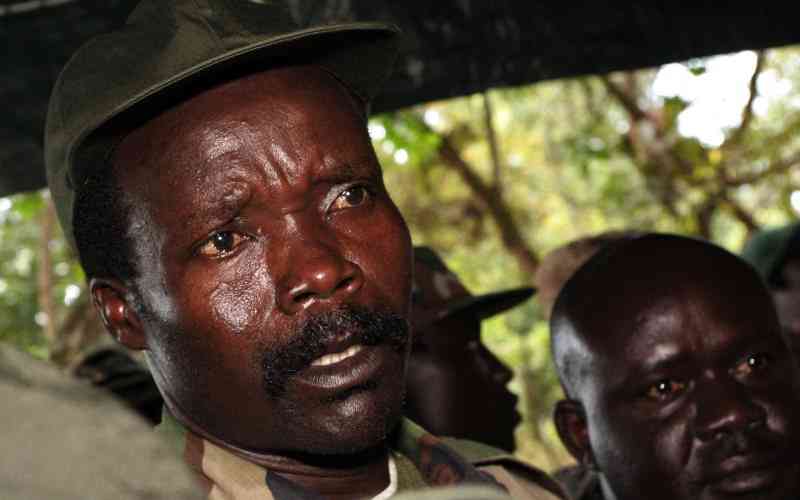
The consequences of the brutal crimes allegedly committed by Uganda rebel chief Joseph Kony are still reverberating in the country more than 20 years later, an International Criminal Court prosecutor said Tuesday.
Kony faces 39 counts of war crimes and crimes against humanity, including murder, rape, torture, enslavement, and sexual slavery, allegedly committed between July 2002 and December 2005 in northern Uganda.
Opening the hearing -- the first-ever held in absentia at the ICC since Kony has been on the run for two decades -- prosecutor Mame Mandiaye Niang said the passage of time had not dulled the impact on Uganda.
"The repercussions of this unprecedented violence continue to be felt today. Scarred in their body and spirit, survivors still struggle to recover from the ordeal they endured," Niang told the court.
"The social and cultural fabric of Uganda has been torn apart, and they are struggling to recover," added the prosecutor.
Kony, a former Catholic altar boy, headed the feared Lord's Resistance Army (LRA), whose insurgency against the Ugandan government saw more than 100,000 people killed and 60,000 children abducted, according to the United Nations.
His stated aim was to establish a nation based on the Bible's 10 commandments, but those who escaped told harrowing tales of the group's brutality, being forced to hack or even bite others to death, eat human remains, and drink blood.
LRA fighters attacked Everlyn Ayo's school when she was five years old.
"The rebels raided the school, killed and cooked our teachers in big drums and we were forced to eat their remains," Ayo, now 39, told AFP.
She became a so-called "night commuter", one of thousands of children who trekked every night to shelters in an effort to avoid the horrors of the LRA.
"Many times, on our return to the village, we would find blood-soaked bodies. Seeing all that blood as a child traumatised my eyes," Ayo told AFP.
"For many years now, I do not see well. All I see is blood."
Not satisfying at all
Around 200 people watched the hearing from Gulu Secondary school hall, including Richard Ochola, a 34-year-old peasant farmer.
"Watching the screen without seeing Kony's face is not satisfying at all. Our dream is to have Kony face trial, denying or confirming he killed people," Ochola told AFP.
Stay informed. Subscribe to our newsletter
"What we are watching at the moment is no different from watching a movie produced in a foreign country because inside the courtroom, there are no people we know or we can relate to our suffering," he added.
Tuesday's hearing was not a trial but the first of a three-day "confirmation of charges" hearing -- during which prosecutors will lay out the charges against Kony, born in September 1961.
After the hearing, ICC judges will then decide whether the charges merit a trial -- a process that occurs within 60 days.
In the Kony case, a trial is not possible as the ICC statutes do not allow a suspect to be tried in absentia.
Kony's defence team, also participating in the hearing, has described the process as an "enormous expense of time, money and effort for no benefit at all".
But prosecutors say holding a hearing would mean a quicker trial if Kony were ever found and brought to the Hague.
"This hearing will advance proceedings in a tangible way," said Niang.
A UN panel said in June 2024 that Kony is thought to have left Sudan due to the civil war there, relocating to a remote part of the Central African Republic.
His last-known appearance was in 2006, when he told a Western journalist he was "not a terrorist" and that stories of LRA brutality were "propaganda".
It is not known whether he is even still alive.
